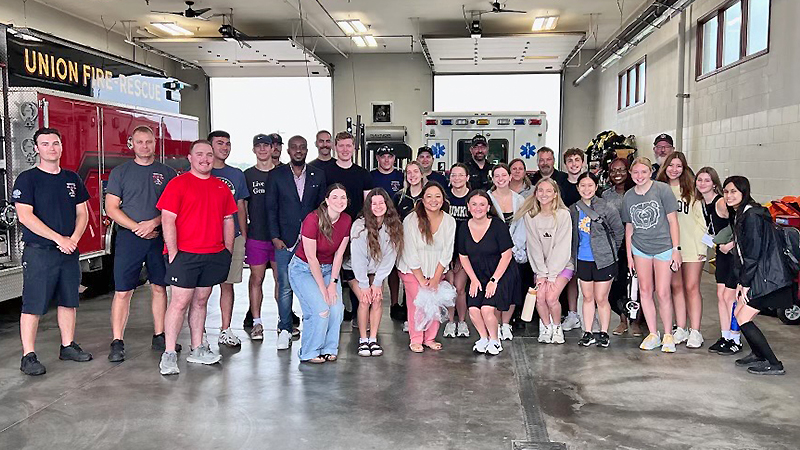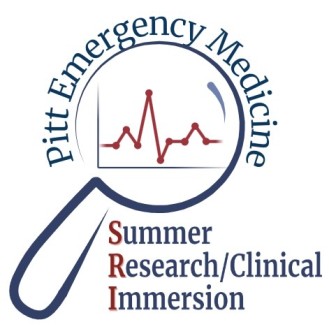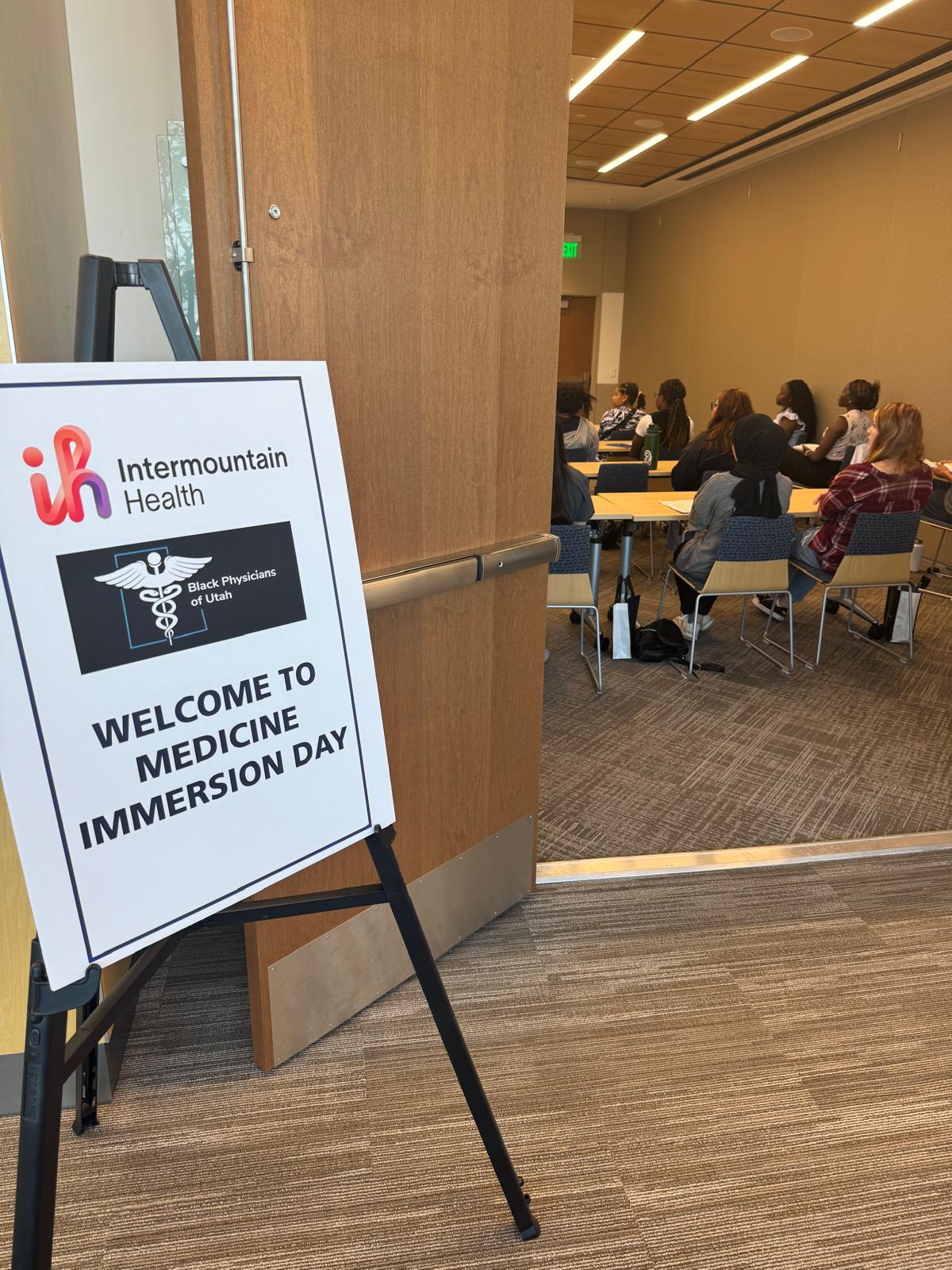Medizin Immersion: Enhancing Medical Education Through Real-World Experience
The Concept of Medizin Immersion
Medizin Immersion represents a transformative approach in medical education, enabling students to engage deeply with real-world clinical environments. This hands-on experience fosters a greater understanding of patient care, healthcare systems, and the diverse challenges faced in medical practice. Immersion programs often involve rotations in various healthcare settings, allowing students to apply their theoretical knowledge in practical situations. This not only enriches their learning experience but also prepares them for the complexities of modern healthcare.
Benefits of Medicine Immersion Programs
The benefits of medicine immersion programs are numerous and significant. Firstly, they provide students an opportunity to develop crucial clinical skills under the guidance of experienced practitioners. For instance, a student participating in a rural immersion program might learn how to navigate limited resources while still providing quality patient care, an invaluable lesson that theoretical learning alone cannot offer. Additionally, immersion fosters personal growth by enhancing critical thinking, adaptability, and teamwork skills, essential traits in any medical professional’s journey. The exposure to diverse patient populations also cultivates cultural competency, preparing students for practice in various environments.

Examples of Medicine Immersion Experiences
Programs such as the one offered at the University of Missouri exemplify how medicine immersion can be structured. Their rural immersion initiative places students in underserved areas, resulting in experiential learning while addressing healthcare disparities. These experiences often involve hands-on activities like patient assessments, healthcare delivery planning, and collaboration with local medical professionals. Such programs emphasize both clinical skills acquisition and a strong sense of social responsibility among students, eventually leading to more compassionate healthcare providers ready to tackle societal health challenges.
Engaging with Communities Through Immersion
Community engagement is a crucial aspect of medicine immersion. By interacting with real patients and community health issues, students gain insight into the social determinants of health. This, in turn, shapes their view on public health challenges and solutions. Engaging with the local community often includes hosting health fairs, conducting workshops, and promoting health education, which reinforces the educational experience.
Case Study: Impact of Immersion on Student Engagement
A notable case study involves the University of Pittsburgh’s Emergency Medicine program, where students have actively participated in disaster response training through immersion. By being placed in high-pressure situations, students learn how to make quick decisions, prioritize tasks, and work effectively as a team. Such immersive training not only builds confidence but also significantly enhances the students’ readiness for real-life emergencies. This integration of theory and practice cultivates a sense of urgency and responsibility among prospective healthcare professionals.

Building Lifelong Clinical Skills
Students in medicine immersion programs are also taught vital soft skills—communication, empathy, and ethical reasoning—through direct patient interactions. For example, practicing how to deliver difficult news compassionately is something that cannot be learned from textbooks, but only through real-life experiences. Moreover, immersion programs often emphasize the importance of interdisciplinary collaboration, giving students insights into how effective teamwork improves patient outcomes. Skills developed during these experiences continue to benefit students throughout their careers.
Challenges Faced in Medicine Immersion
While the advantages of medicine immersion are evident, several challenges must be navigated. For example, managing these immersive experiences within the constraints of academic curricula can be difficult. Educators must balance comprehensive exposure while ensuring that academic and examination requirements are met. Furthermore, students may encounter emotional challenges when confronted with illness or death during their experiences, and properly addressing this aspect is crucial for their overall development.
Overcoming Barriers to Effective Immersion
To maximize the benefit of immersion programs, institutions must be proactive in providing necessary support for both students and faculty. This includes mental health resources, as well as mentorship opportunities where experienced practitioners guide students through their immersion experiences. Offering debriefing sessions after significant medical engagements serves as a fundamental practice, allowing students to process their feelings and improve their learning experience.
Future Directions for Medizin Immersion
As medical education continues to evolve, so too will medicine immersion strategies. Institutions are increasingly recognizing the importance of experiential learning, leading to the expansion of immersion opportunities tailored to address various healthcare needs. Innovations including virtual reality simulations and telehealth experiences can supplement traditional immersive strategies, ensuring students receive a well-rounded education that meets modern healthcare demands.
Key Takeaways
- Medizin Immersion enhances medical education by providing real-world clinical experiences.
- Engagement with diverse communities fosters cultural competency and improves patient care.
- Challenges, such as emotional response and curriculum balance, must be addressed for successful immersion programs.
- Future immersion strategies will likely incorporate technology and interdisciplinary collaboration.
FAQ
1. What is the main objective of Medizin Immersion?
The main objective of Medizin Immersion is to provide medical students with real-world clinical experiences to enhance their learning. By exposing them to diverse healthcare settings, students can apply theoretical knowledge, develop hands-on skills, and gain insight into various patient interactions, helping them become well-rounded professionals.
2. How does medicine immersion improve cultural competence?
Medicine immersion improves cultural competence by placing students in direct contact with diverse patient populations. This exposure helps students understand different cultural backgrounds, beliefs, and health practices, enabling them to provide empathetic and effective care to all patients, regardless of their backgrounds.
3. Can immersion experiences help with handling emotional challenges in healthcare?
Yes, immersion experiences can help students learn to handle emotional challenges in healthcare by providing them with opportunities to process their feelings about illness and death. Institutions often include debriefing sessions where students can discuss their experiences and feelings, developing resilience and emotional intelligence vital for their careers.
4. What types of communities benefit from medicine immersion programs?
Underprivileged and rural communities significantly benefit from medicine immersion programs. By placing medical students in these areas, students can address healthcare disparities while gaining practical experience in resource-limited settings. This enhances the quality of care in those communities and inspires future clinicians to continue working in underserved areas.
5. How can technology enhance medicine immersion experiences?
Technology can enhance medicine immersion experiences by providing virtual simulations and telehealth opportunities. This approach can complement traditional hands-on experiences, offering students a broader understanding of healthcare delivery. By utilizing technology, students can practice clinical skills in various scenarios, leading to more comprehensive learning.
